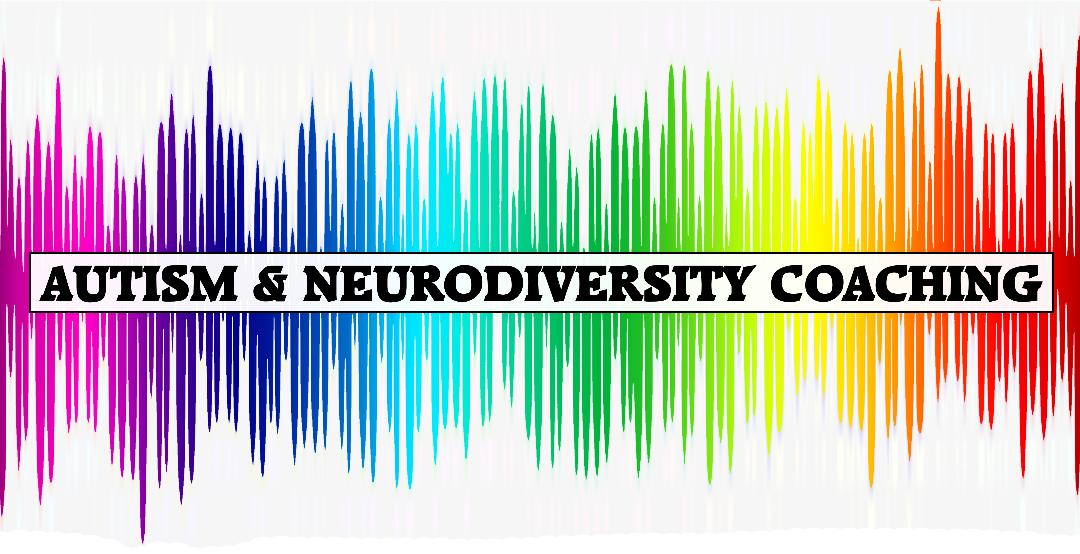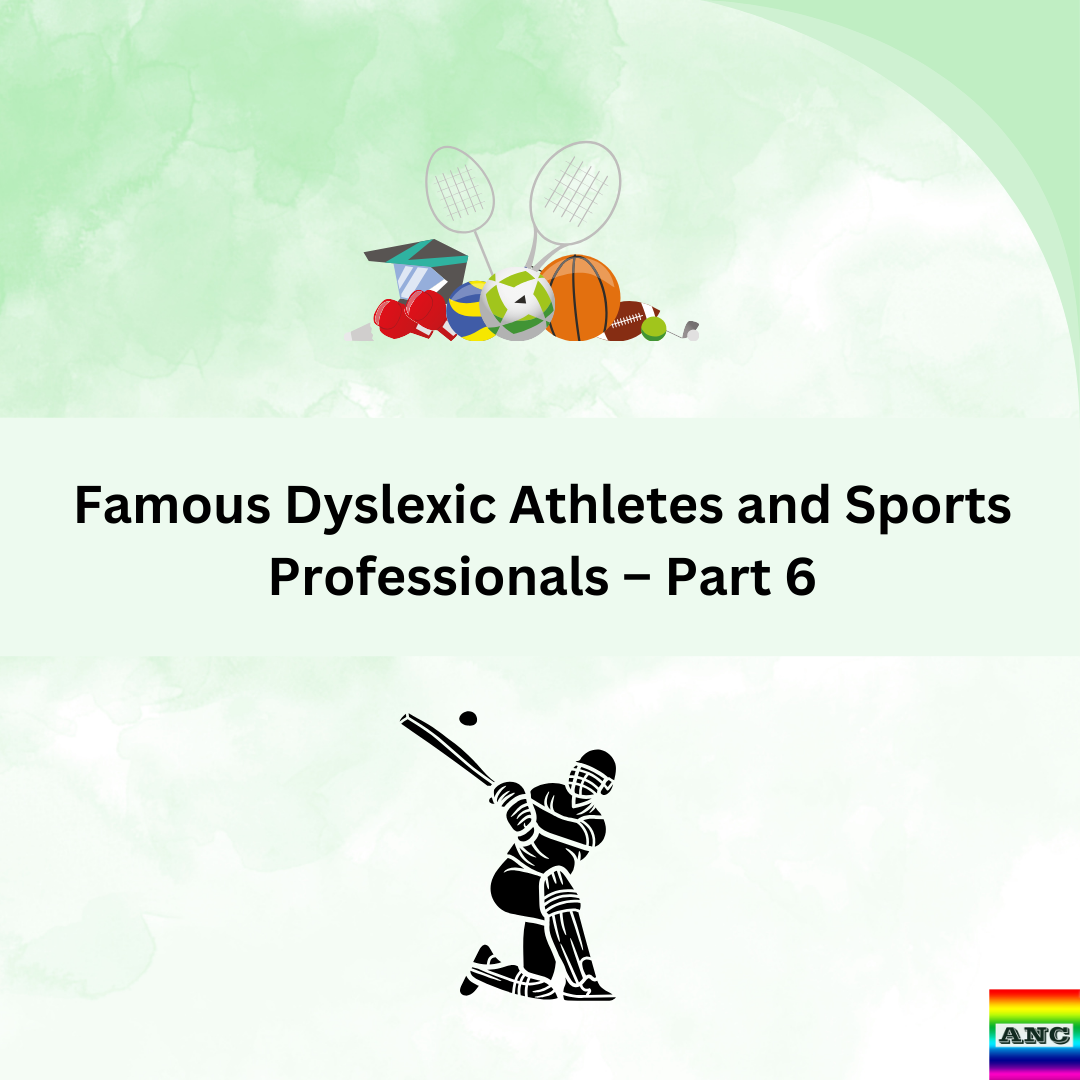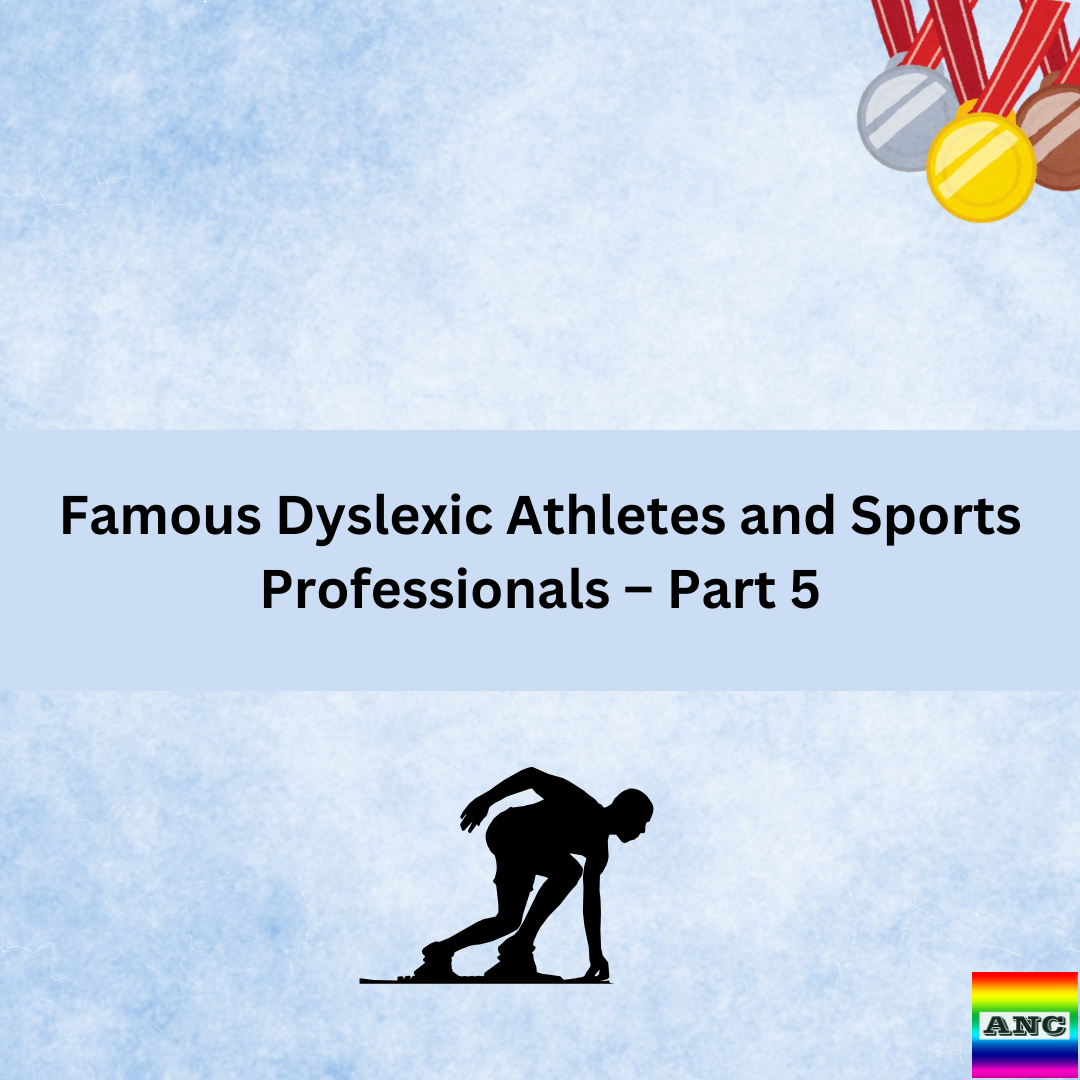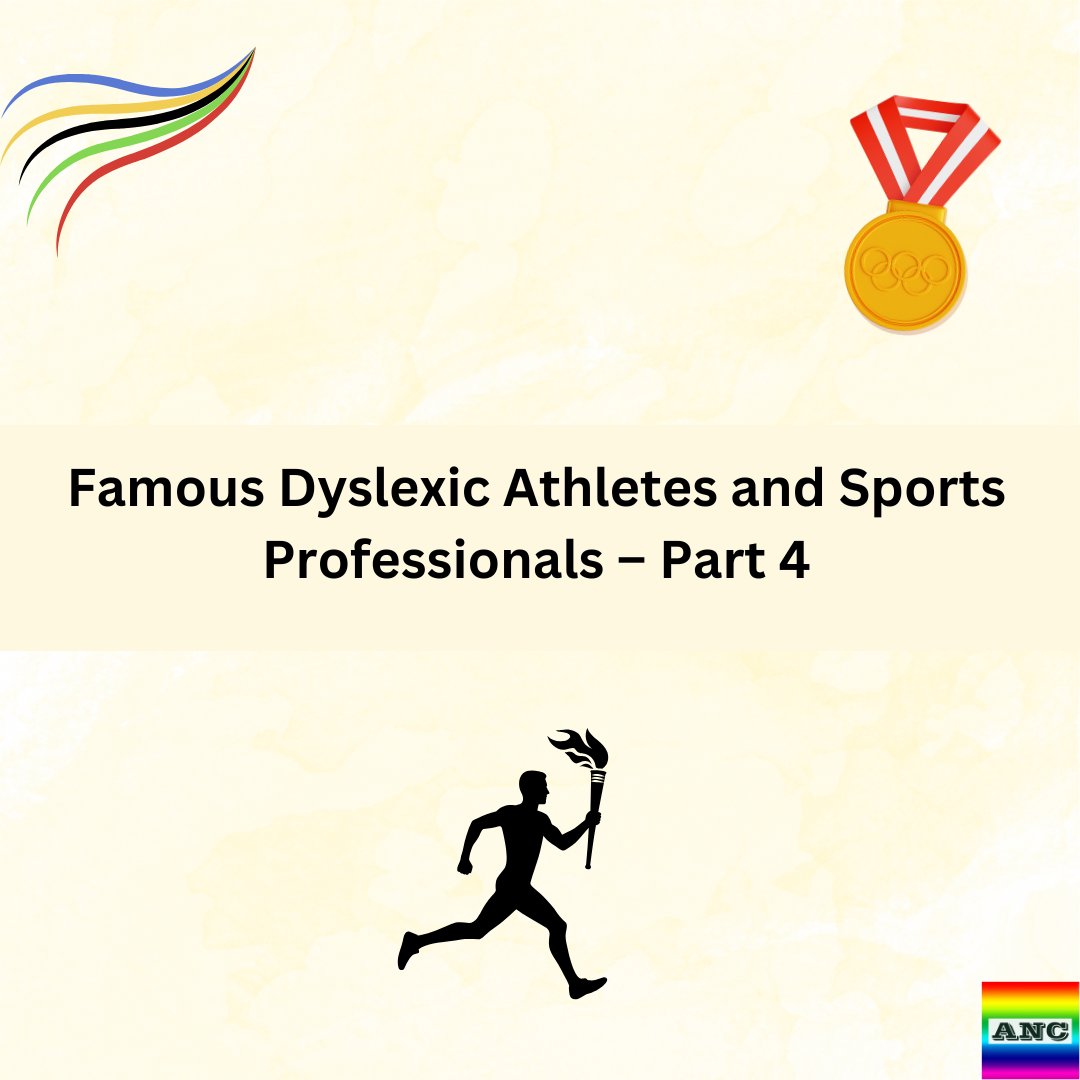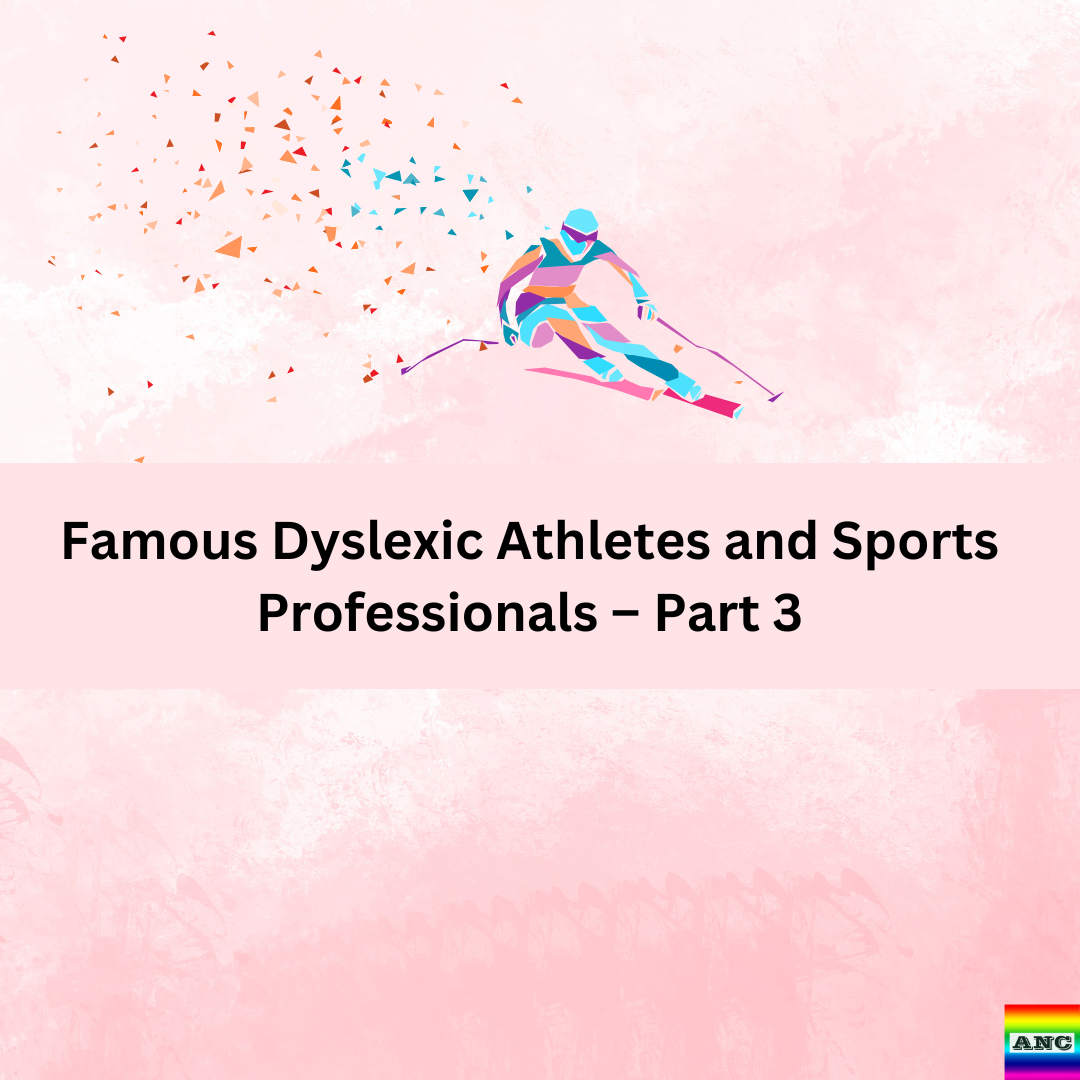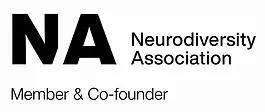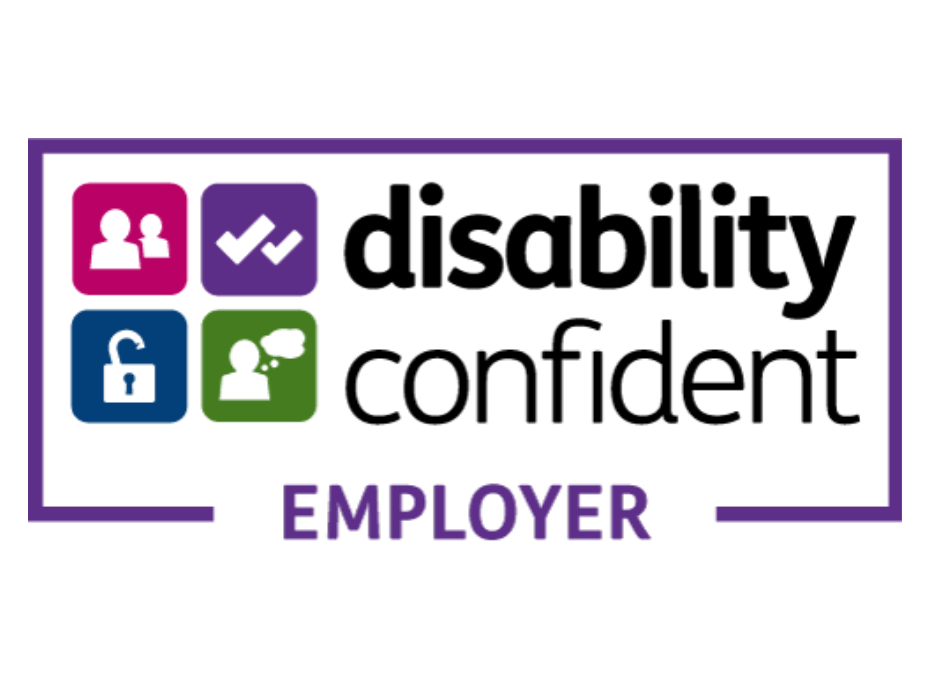Building Confidence Through Sports
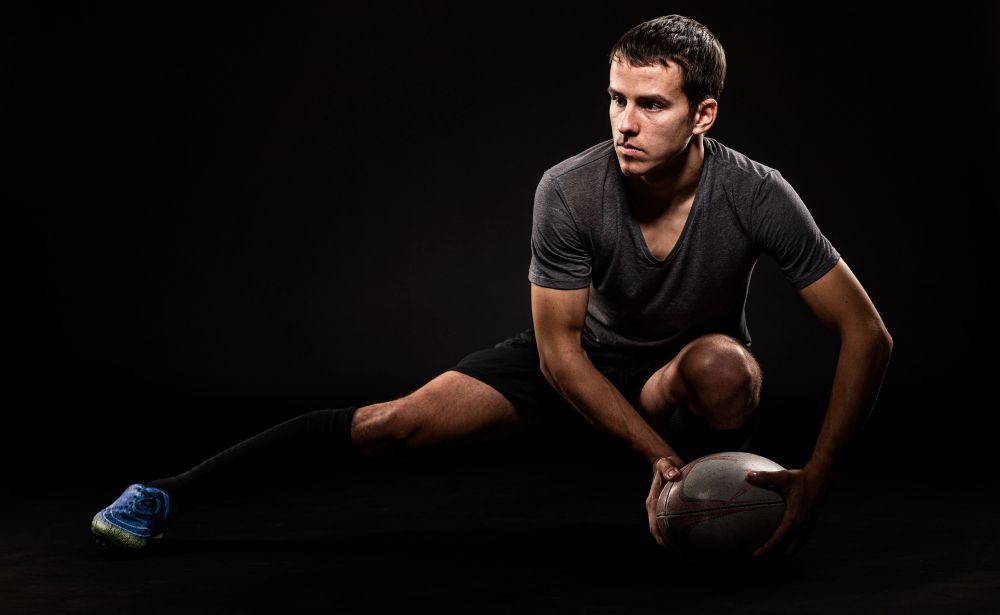
For many dyslexic individuals, the school environment can be challenging, where traditional academics may lead to frustration or a lack of confidence. However, sports offer a different arena—one where their physical talents and cognitive strengths can shine. Dyslexic athletes often experience a significant boost in confidence when they excel in sports, helping to counterbalance the difficulties they may have faced in other areas of life.
Success in sports can serve as a powerful source of self-esteem, reinforcing the idea that dyslexia is not a weakness but a unique set of strengths. When athletes with dyslexia achieve victories—whether through individual accomplishments or team successes—it helps them build resilience and develop a positive self-image that transcends the playing field. This newfound confidence often spills over into other aspects of their lives, allowing them to approach challenges with a sense of empowerment and optimism.
Empathy and Mentorship in Sports
Because dyslexic athletes have often faced their own struggles and overcome significant challenges, they tend to develop a high degree of empathy for others. This empathy makes them natural mentors and leaders, particularly when working with younger athletes or teammates who may be struggling with their own difficulties, whether related to dyslexia or other challenges.
In team sports, dyslexic athletes can become role models, showing others that success is possible regardless of the obstacles they face. Their ability to connect with others, offer support, and share their experiences helps create a more inclusive and understanding team environment. Dyslexic athletes often become the glue that holds a team together, building camaraderie and encouraging everyone to play to their strengths.
Innovation in Training Methods
Dyslexic athletes often need to find innovative ways to learn and practice, which can lead to breakthroughs in training methods that benefit not only them but also their teammates and future athletes. Coaches working with dyslexic athletes frequently adapt their training to be more visual, hands-on, or experiential, which can lead to new strategies for teaching skills that are more effective for a wide range of athletes.
For example, dyslexic athletes may benefit from video analysis, where they can visually break down their movements and techniques, or they may prefer drills that emphasise muscle memory and repetition. These adaptations not only help dyslexic athletes thrive but also contribute to the development of more diverse and inclusive training programs that cater to various learning styles.
In some cases, dyslexic athletes themselves come up with new and creative approaches to training, such as creating personalised routines or using unconventional drills that help them better grasp the sport. These innovations can ripple through the team, leading to new and effective ways of teaching and improving performance across the board.

